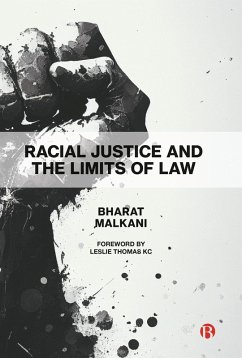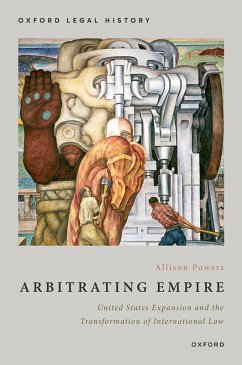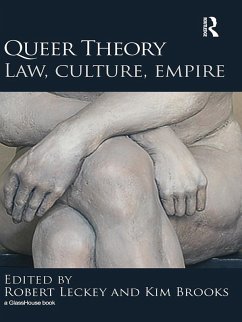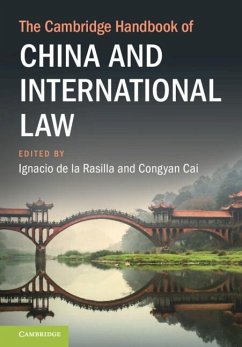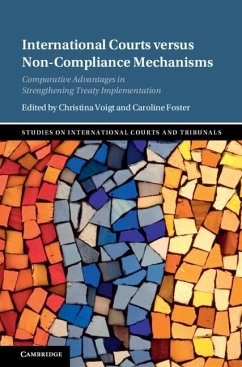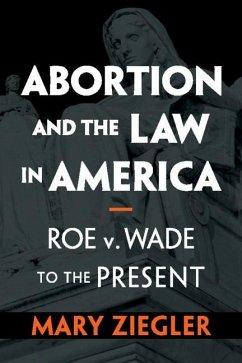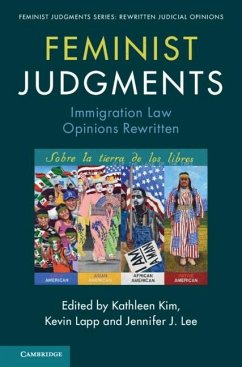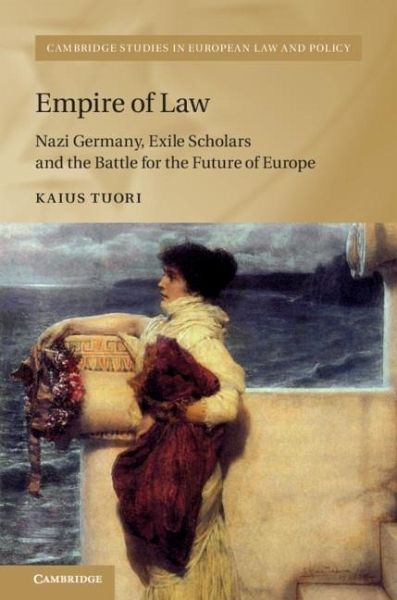
Empire of Law (eBook, ePUB)
Nazi Germany, Exile Scholars and the Battle for the Future of Europe
Versandkostenfrei!
Sofort per Download lieferbar
62,95 €
inkl. MwSt.
Weitere Ausgaben:

PAYBACK Punkte
31 °P sammeln!
European legal integration is often justified with reference to the inherent unity of European legal traditions that extend to ancient Rome. This book explores the invention of this tradition, tracing it to a group of legal scholars divided by the onslaught of Nazi terror and totalitarianism in Europe. As exiles in Britain and the US, its formulators worked to build bridges between the Continental and the Atlantic legal traditions, incorporating ideas such as rule of law, liberty and equality to the European heritage. Others joined the Nazi revolution, which promoted its own idea of European u...
European legal integration is often justified with reference to the inherent unity of European legal traditions that extend to ancient Rome. This book explores the invention of this tradition, tracing it to a group of legal scholars divided by the onslaught of Nazi terror and totalitarianism in Europe. As exiles in Britain and the US, its formulators worked to build bridges between the Continental and the Atlantic legal traditions, incorporating ideas such as rule of law, liberty and equality to the European heritage. Others joined the Nazi revolution, which promoted its own idea of European unity. At the end of World War Two, natural law and human rights were incorporated into the European project. The resulting narrative of Europe, one that outlined human rights, rule of law and equality, became consequently a unifying factor during the Cold War as the self-definition against the challenge of communism.
Dieser Download kann aus rechtlichen Gründen nur mit Rechnungsadresse in A, B, BG, CY, CZ, D, DK, EW, E, FIN, F, GR, HR, H, IRL, I, LT, L, LR, M, NL, PL, P, R, S, SLO, SK ausgeliefert werden.




